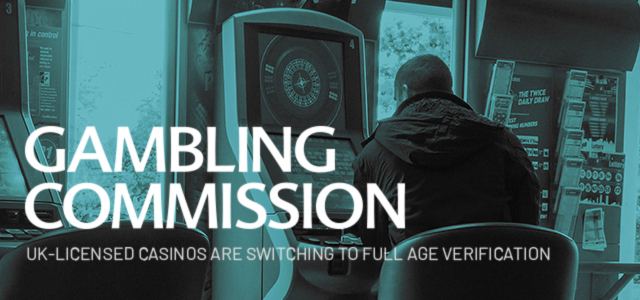
New Dutch Gambling Market (Opens in 2021): What to Expect?
A few months since Dutch players and targeted providers were informed there is a new regulated online market on the way, KSA comes forward with a vital update. Officials have announced the launch date, the number of brands that already applied for licensing, possible penalty fees and other vital details.
-
Top gambling regulator in the Netherlands, Kansspelautoriteit (KSA) informs that the country and its online gaming community are at least a year-and-a-half away from new regulations. This is the time needed for the new Remote Gambling Act, which was approved in February of 2019, to go through all the alterations, head of KSA Rene Jansen adds. Once all formalities are settled, KSA will start accepting applications for Dutch licensing.
In case you missed out on the preamble of the story…
…a few months ago, the Dutch government stepped forward with the initiative to introduce local regulations to the Netherlands virtual gambling industry. Loopholes in it allowed as much as EUR 175K in taxes to be withheld from the country’s treasury. What is more, they also led to several major scandals involving some of the most influential online operators, our unique research reveals.
More Than Enough Applications
Now that the deadlines are announced, KSA invites brands to fill out applications forms. Why so early? Rene Jansen refers to the Swedish experience. When the country was accepting its local regulations, it expected no more than 60 operators to apply at first, only to receive twice as many applications, which significantly delayed the launch of the renewed industry. Kansspelautoriteit representatives hope that early openings in the Netherlands will help to prevent such work overload.
Who Can Apply?
This is where it gets interesting. KSA intends to favor those companies that did not actively target Dutch gaming audiences for the past couple of years. This probably means no permits for brands of Betsson AB and several other major brands caught monetizing unregulated Dutch traffic. Although, experts already say that the term “active targeting” itself is opened for discussions.
As for those websites that continue to avoid local regulations, they will face major penalty fees, officials promise. The charge grew from 150K to 200K Euros, and this amount is only a starting point. It may be exponentially bigger depending on the amount of websites from one network, the number of games and a volume of promotions served to the Dutch gaming audience. It looks like KSA means business, because just a couple month ago it issued a massive EUR 450K fine to Casino.com. another major website, Casumo, now faces a EUR 310K fine.




